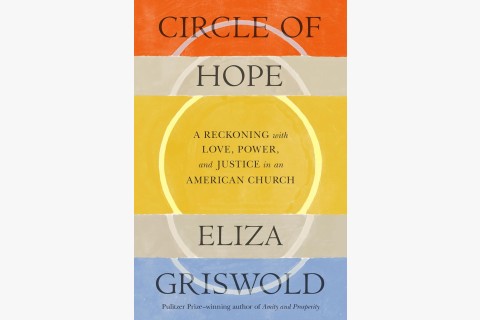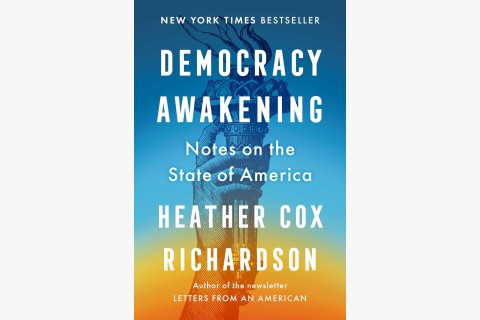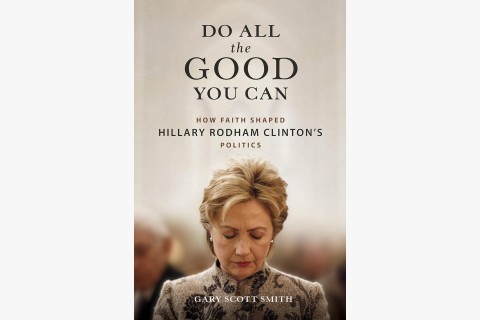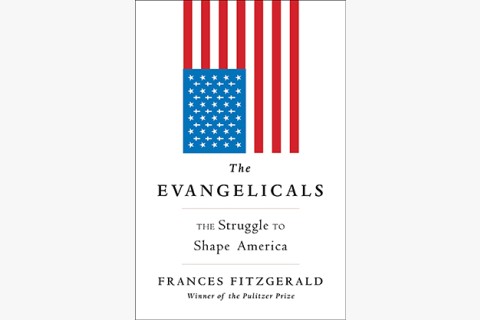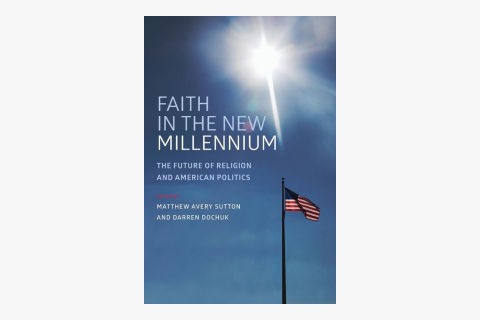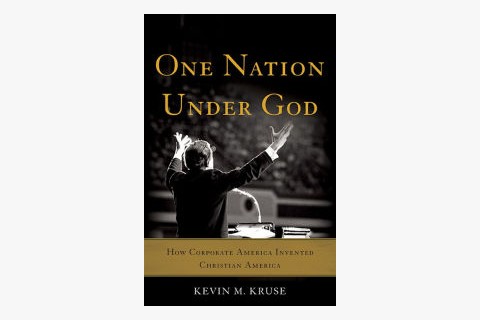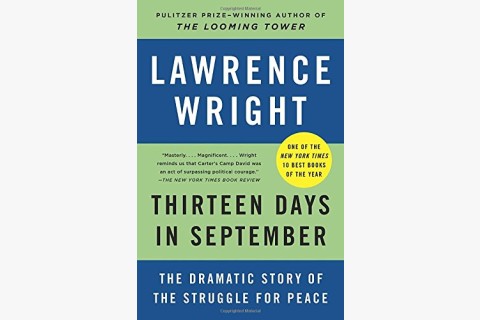Authors /
Randall Balmer
Randall Balmer, a historian and Episcopal priest, is author of Redeemer: The Life of Jimmy Carter.
Jimmy Carter, America’s best ex-president
After his 1980 defeat, Carter devoted himself to the causes of a progressive evangelicalism that has all but disappeared from public view.
Inside a church’s implosion
Eliza Griswold profiles a progressive evangelical church that sought to do things differently but fell prey to the usual problems.
Connecting the dots
Heather Cox Richardson guides us through serial attempts to overturn the liberal consensus in America.
The deeply Methodist Hillary Clinton
Biographer Gary Scott Smith argues that Clinton’s faith lies at the very core of her identity.
Reading evangelical history with one eye closed
Frances FitzGerald gets the religious right wrong—along with the evangelical tradition generally.
Political religion, sanctified politics
It's odd the way this volume deals with Barack Obama. It's a shame it has to deal with David Barton at all.
Capitalism and faith: A tangled history
Why have American Christians so readily baptized the idea of free-market capitalism? Kevin Kruse illuminates the long, tangled history.
Jimmy Carter’s 91 years
Jimmy Carter, the 39th president of the United States, turns 91 years old on Thursday. By any reckoning, he has led a remarkable life.
Anyone who visits Plains, in southwest Georgia, and especially the Carter farmstead three miles down the road in Archery, cannot fail to be impressed by the simplicity of Carter’s background.
What the Bible does and does not say about sexuality
It’s a kind of parlor game in some circles. Rattle off various misperceptions about what the Bible says.
The price of peace
As Lawrence Wright nicely chronicles, Jimmy Carter faced a daunting task at Camp David in 1978. Carter, Menachem Begin, and Anwar el-Sadat each had much at stake.
Free Newsletters
From theological reflections to breaking religion news to the latest books, the Christian Century's newsletters have you covered.
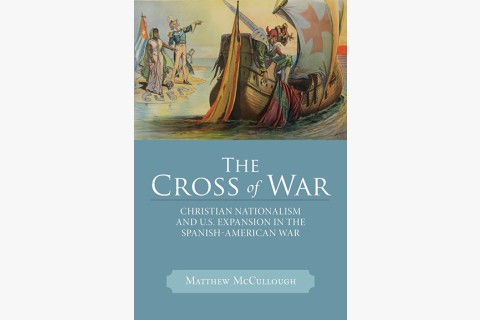
Baptizing empire
Matthew McCullough argues that the Spanish-American War signaled a crucial turning point in American self-understanding and self-justification.
My childhood of (not) reading
One of the reasons I was drawn to Jimmy Carter, first as an emerging national politician in the mid-1970s and then as a biographical subject decades later, was the similarity of our backgrounds. Both of us were reared in evangelical households, he in rural southwest Georgia and I in Nebraska, Minnesota, Michigan, and Iowa. We are both the oldest in our families: Carter had three younger siblings, and I have four younger brothers. We had “born-again” experiences at an early age, Carter at age 11 and me initially at, well, three years old—but that is another story.
Jimmy Carter and the demise of progressive evangelicalism
Jimmy Carter rode to the White House in 1976 on the twin currents of his reputation as a “New South” governor and a resurgence of progressive evangelicalism in the early 1970s. Progressive evangelicalism, which traces its lineage to 19th-century evangelicals and to the commands of Jesus to care for “the least of these,” represented a very different version of evangelical activism from that of the religious right.
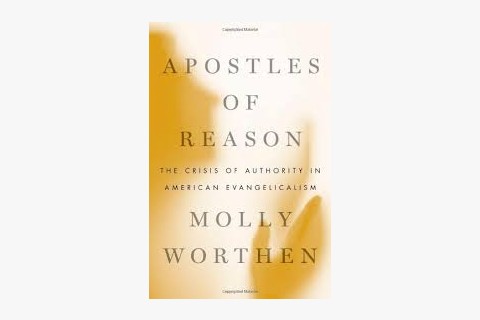
Apostles of Reason, by Molly Worthen
At the heart of evangelicals’ conflicted identity, Molly Worthen argues, is the “struggle to reconcile reason with revelation, heart with head, and private piety with the public square.”
The windows Pope Francis has opened
Tis the season of Jesus, Santa and Pope Francis. It’s too early to place Francis in the pantheon of church reformers alongside Gregory VII or Adrian VI—or even next to John XXIII, who memorably announced the Second Vatican Council by saying that it was time to “open the windows and let some fresh air in.” But the early returns on the first Latin American pontiff suggest that his will be anything but a caretaker papacy.

Sacred Scripture, Sacred War, by James P. Byrd
When a hurricane ravaged the waters off of eastern Newfoundland on September 9, 1775, churning waves up to 30 feet, the devastation was enormous....



